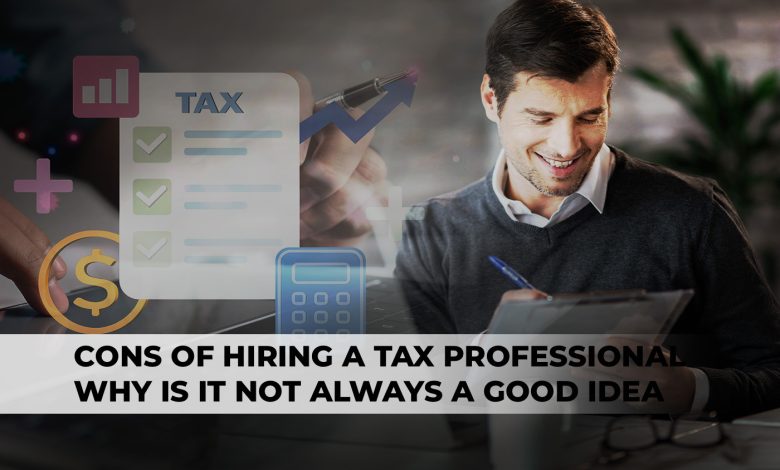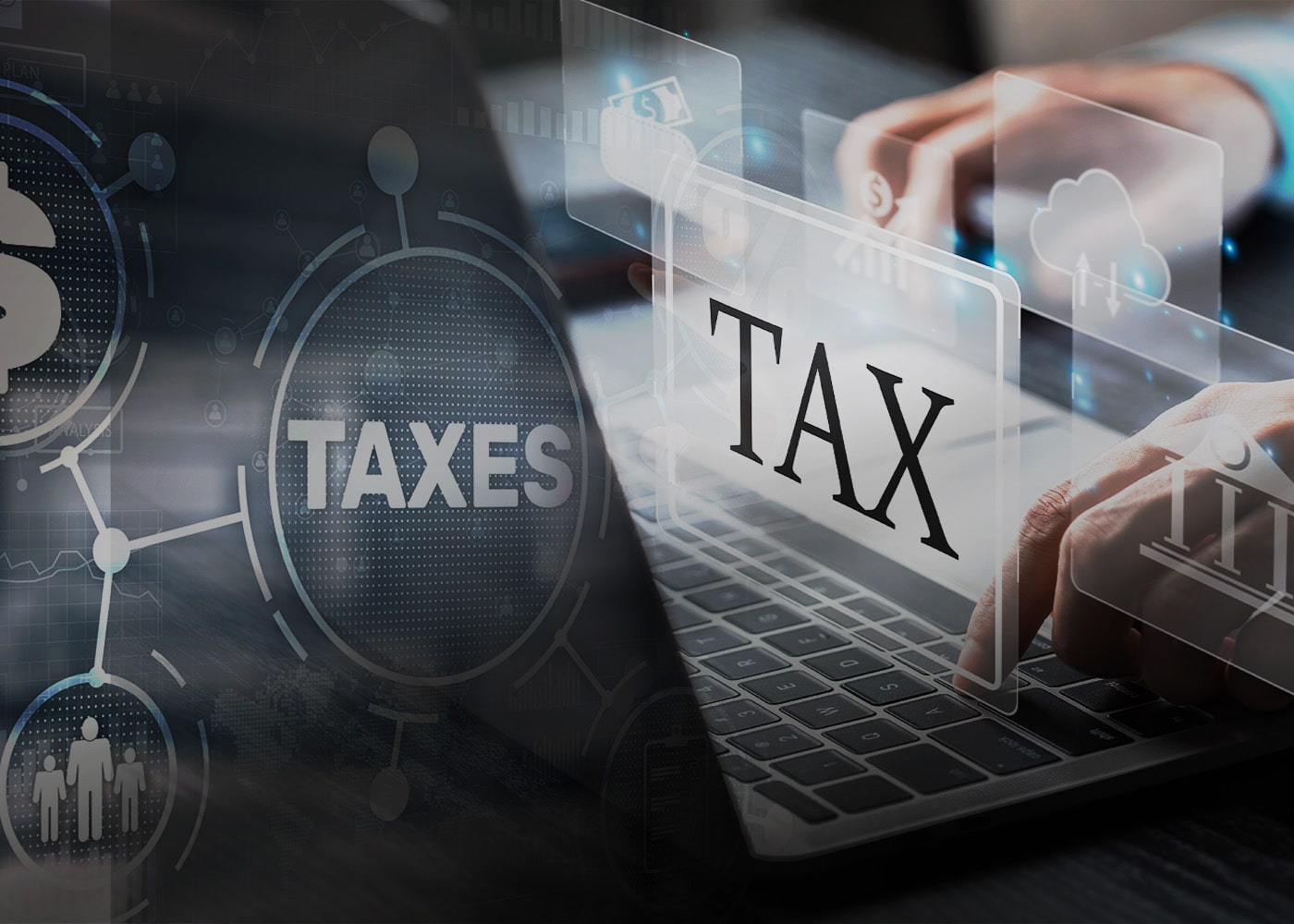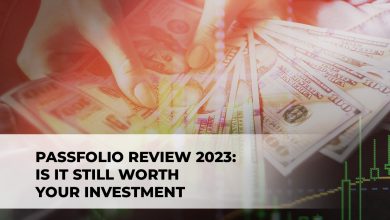
Are you looking for professional help when it comes to filing your taxes? Hiring a tax professional may give you peace of mind, as they understand the complexities of the IRS code. However, there are also cases where hiring a tax professional might not be in your best interests. This blog post will discuss the cons of hiring a tax professional. We’ll explore topics such as cost, complexity, transparency, reliability, and compliance issues so that you can make an informed decision about whether or not hiring a tax professional is right for you.
What Does a Tax Professional Do?
Tax professionals are experts in their field, with specialized qualifications such as Certified Public Accountant (CPA), Enrolled Agent (EA), or tax attorney. With an extensive knowledge of taxation laws and regulations, they provide personalized services to clients, like preparing tax returns, offering strategic advice, and representing them during audits or other potential proceedings. Further, these trusted advisors remain up-to-date on any shifts in the landscape that may impact those they care about – always ensuring you remain compliant but further optimizing your financial situation too!
Tax professionals are a valuable asset to individuals and companies needing assistance, as they can aid with numerous tax-related issues like uncovering deductions or credits, reducing the amount owed in taxes, staying compliant with laws & regulations regarding taxation, and settling disputes. Furthermore, these experts provide insights into financial planning for retirement security & estate planning that could immensely impact your fiscal obligations.
Here Are Some Cons of Hiring a Tax Professional:
While hiring a tax professional has many benefits, there are also some potential disadvantages to consider. Here are some cons of hiring a tax professional:
- Cost: While hiring a tax professional can be advantageous, the cost of doing so is something to consider. Depending on your specific situation, the fees may not make it worth pursuing; however, for many individuals and businesses, these costs are easily justified by the benefits of such an expert’s assistance.
- Lack of personal attention: Another downside is the absence of personalized service. With a high clientele, some tax professionals cannot offer tailored advice that suits your requirements regarding taxation.
- Potential for errors: Despite the expertise and knowledge of tax professionals, errors may still happen. Unintentional missteps by a tax professional can bring about fines, interest charges, or other negative implications.
- Overreliance on the tax professional: Dependence on a tax professional may cause people to cede control of their own financial state and leave potential cost-saving avenues unexplored. When decisions are made without an understanding of the consequences, it can become risky for taxpayers in terms of missed opportunities for savings.
- Communication issues: Ultimately, the tax professional must convey complex tax concepts and strategies in an understandable way to prevent confusion and mistakes. Otherwise, communication can quickly break down.

Alternatives to Hiring a Tax Professional:
If you decide not to hire a tax professional, there are several alternatives you can consider. Here are a few options:
- Use tax preparation software: Prepare your taxes with ease by utilizing tax preparation software like TurboTax, H&R Block, and TaxAct. These programs are tailored to meet the needs of any user – they all offer step-by-step instructions so you can file confidently! Don’t forget to take advantage of these helpful tools this tax season.
- Research tax laws and regulations: You can take the initiative and become your tax specialist by conducting research. The Internal Revenue Service (IRS) offers helpful resources that provide you with a better understanding of tax concepts and regulations – all available on their website for easy access!
- Consult with a tax advisor on an as-needed basis: If you’re looking for an economical approach to tax prep, consulting with a tax advisor on an as-needed basis is the way to go. This allows you more control over your budget while ensuring that questions or transactions are handled properly.
- Attend tax seminars or workshops: If you want to stay up-to-date with the most recent tax information available, attending a workshop or seminar is ideal. Professional organizations, tax preparation firms, and educational institutions are known for hosting these informative events to help increase your knowledge of tax topics.
As you consider the cost-saving alternatives to a tax professional, remember that they may not offer the same customized guidance and expertise. Weighing all of your options and selecting what is best for your particular situation will be key when making this decision.
Final Words:
Hiring a tax professional is often seen as the ideal way to manage one’s taxes, but it’s not always the right choice. Weigh your options carefully and assess the pros and cons before deciding. Working with a tax professional may provide greater expertise for those with complex financial lives while doing taxes on your own can save you money. Furthermore, selecting a knowledgeable, trustworthy accountant is important if you decide to pay for professional assistance in preparing your taxes. Whatever path you choose, remember that preparation and organization are key for filing successful returns each year. By taking time to consider all available options and learning about all the resources out there for managing taxes wisely, individuals can make sure they are making the best decision for their financial situation.






